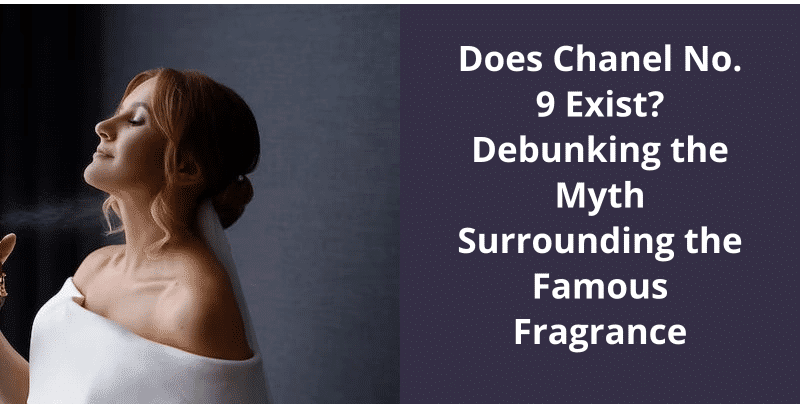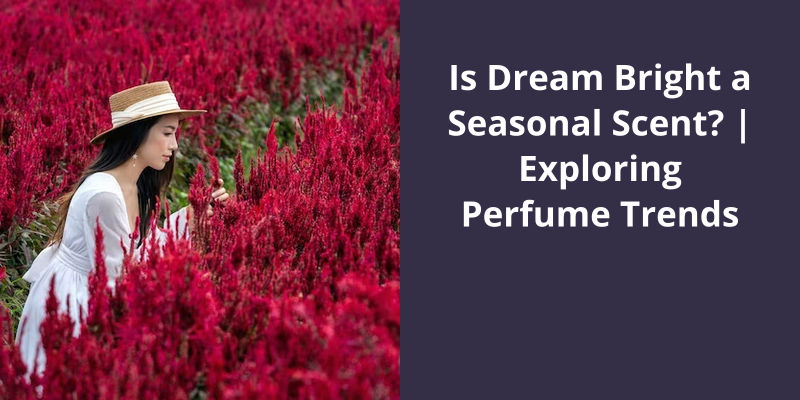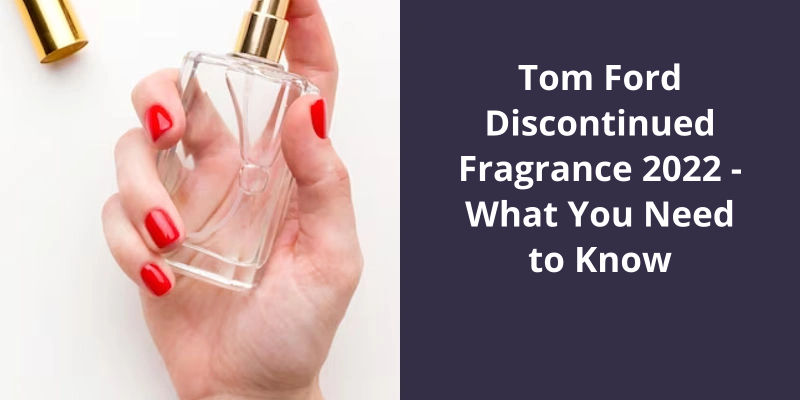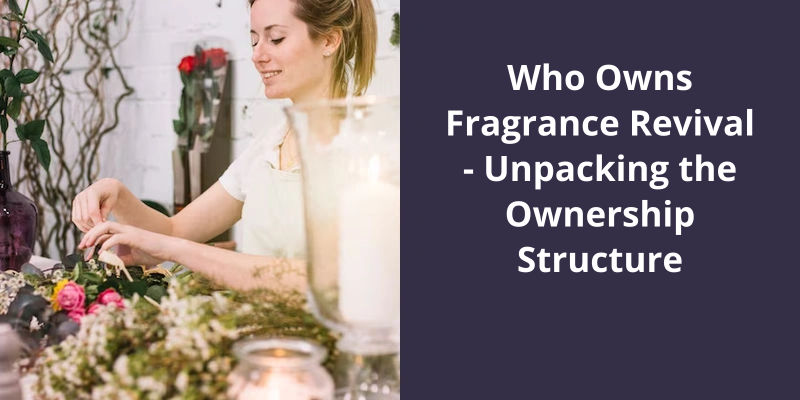The title of the youngest master perfumer isn’t typically held by a specific person due to the nature of the profession. Perfumery involves intensive study and years of experience, making it uncommon for individuals to reach the level of master perfumer at a young age. Master perfumers usually have decades of experience, with most starting their training as teenagers and becoming masters in their 40s or 50s. As of now, no specific person is officially recognized as the youngest master perfumer globally.
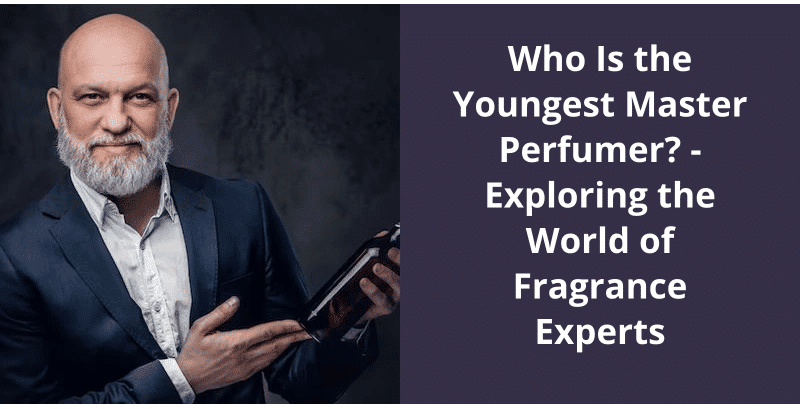
How Many Years Does It Take to Become a Perfumer?
Perfumery is a highly specialized field that requires a unique blend of artistic creativity and scientific knowledge. The process of becoming a perfumer is a long and rigorous one that requires aspiring perfumers to complete a range of specialist studies and gain a deep understanding of chemistry, essential oils, and aromatics.
Typically, it takes around ten years to become a fully-fledged perfumer, including several years of formal education and hands-on training. During this time, students may study at specialized institutions or directly under the tutelage of an experienced nose, learning the complex art of fragrance composition and formulation.
Solid knowledge of chemistry is an absolute must for aspiring perfumers, as they must understand the chemical properties of each individual ingredient and how they work together to create a harmonious blend. Essential oils, for example, are highly concentrated and require careful dilution to ensure a balanced fragrance. Likewise, synthetic aromatics must be used sparingly and in the correct ratios to prevent over-weakening or overpowering the blend.
Once fully trained, perfumers can work in a wide variety of industries, including cosmetics, skincare, and even food and beverage. They may also work independently, creating bespoke fragrances for private clients or fashion designers. The role of perfumer isn’t only rewarding but incredibly challenging, requiring intense concentration, attention to detail, and the ability to work quickly and creatively under pressure.
However, those who succeed in this challenging field find it to be a highly rewarding and fulfilling career.
What Are Some Notable Perfumers or Fragrance Houses and Their Signature Scents or Contributions to the Industry?
- Frédéric Malle – Carnal Flower, Portrait of a Lady
- Tom Ford – Black Orchid, Tuscan Leather
- Chanel – Chanel No. 5, Chanel Coco Mademoiselle
- Dior – Dior J’adore, Dior Homme
- Jo Malone – Lime Basil & Mandarin, Peony & Blush Suede
- Creed – Aventus, Green Irish Tweed
- Guerlain – Shalimar, Mitsouko
- Etat Libre d’Orange – Secretions Magnifiques, Jasmin et Cigarette
- Serge Lutens – Ambre Sultan, Chergui
- Byredo – Gypsy Water, Black Saffron
Dominique Ropion is a well-known figure in the world of perfumery. Having trained at Roure Bertrand Dupont (Givaudan) in Grasse, he’s become one of the most prolific and talented master perfumers in the industry. His innovative creations and unique combinations of scents have earned him a reputation as one of the best in the business. In this article, we take a closer look at his journey to becoming a master perfumer, and the legacy he’s created through his work.
Who Is the Most Famous Master Perfumer?
He’s worked for prestigious perfume houses including Givenchy, Yves Saint Laurent, Frederic Malle, and many more. Ropion is known for his exquisite fragrances that capture his artistic vision and reflect his technical mastery of the craft. He’s created over 100 scents and has won numerous industry awards. Ropion is considered one of the most influential and respected perfumers in the world today.
Ropions approach to perfumery is both creative and methodical. He’s known for his attention to detail and his ability to blend complex ingredients in innovative ways. His signature fragrances are sophisticated, elegant, and timeless. Ropions fragrances are often described as sensual, feminine, and luxurious, with a unique character that sets them apart from other perfumes.
His ability to translate abstract concepts into olfactory experiences is unmatched in the world of perfumery.
He’s passionate about sharing his knowledge and experience with the next generation of perfumers. This dedication to education and his commitment to excellence in perfumery has cemented Ropions status as the most famous master perfumer in the world today.
Tapputi was just the beginning of a long line of perfumers who’ve contributed to the evolution of fragrance-making and it’s importance in various cultures.
Who Was the First Perfumer in the World?
Tapputi was not only a skilled perfume maker but also an expert in the art of distillation, pioneering the process that would later become the basis for modern-day chemistry. She’d use a still made of clay to produce essential oils and fragrances from raw materials such as flowers, herbs, and spices.
Her knowledge and prowess in the creation of fragrances were highly sought after, leading her to create custom perfumes for the royal family, nobility, and priests. Her perfumes were renowned for their quality and intricacy, featuring blends of exotic scents that were both unique and enticing.
Beyond her contributions to the world of fragrance and distillation, Tapputi is also a symbol of gender equality and empowerment. In a time where women were often marginalized and relegated to traditional gender roles, Tapputi held a position of great power and influence, demonstrating that skill and talent aren’t bound by gender.
Despite being one of the earliest known chemists, Tapputis legacy and contributions to the field were largely forgotten until recently. However, her work served as a foundation for modern-day perfumery and distillation, and her story serves as an inspiration for women in STEM fields.
Chanel No. 5 is a classic fragrance that’s endured the test of time. It was created by the iconic fashion designer Gabrielle “Coco” Chanel in partnership with a renowned chemist and perfumer, Ernest Beaux. But the story behind this iconic scent goes beyond just it’s creators. The design of it’s bottle has also been a significant aspect of the product’s branding. Let’s take a closer look at the history and significance of Chanel No. 5.
Who Is the Perfumer That Created Chanel No. 5?
Chanel No. 5 is often known as the epitome of high-end luxury perfumes. However, not many know that the fragrance was introduced in the early 1920s. It was first designed by Gabrielle “Coco” Chanel herself, who was renowned for her avant-garde approach to fashion and resorting to simplicity as opposed to ostentatious embellishments. The perfume was a hit right from the beginning, and it remains one of the most iconic perfumes of all time.
What many don’t realize is that Chanel was not alone in creating this iconic fragrance. The scent was actually compounded by the celebrated French-Russian chemist Ernest Beaux. Beauxs contribution can’t be understated. He designed a fragrance that was truly unique and unparalleled in it’s time. The perfume had a rich, floral bouquet that was a mix of jasmine, rose, ylang-ylang, and iris. All these elements combined to create a scent that was both sophisticated and memorable.
The bottle was simple, elegant, and timeless. The design of the bottle was so iconic that it became as much a part of the perfumes branding as the fragrance itself. The bottle design was inspired by a decanter that Coco Chanel had owned, and it represented an idea of minimalism and simplicity that was so popular in the 1920s.
The Impact of Chanel No. 5 on the Fashion and Beauty Industry, and It’s Legacy
Chanel No. 5 is a fragrance that revolutionized the fashion and beauty industry. It was the first perfume to use synthetic ingredients, and it’s marketing strategies reshaped the way fragrances were sold. Today, the fragrance remains one of the most popular and iconic scents in the world, and it’s legacy continues to inspire generations of fashion and beauty enthusiasts.
Conclusion
In the world of fragrances, the title of Master Perfumer is a coveted one, and earning it requires dedication, skill, and years of experience. Many of the most renowned names in perfumery have spent decades refining their craft, honing their noses and blending scents to create some of the world's most iconic fragrances. However, every once in a while, a young talent comes along who manages to defy expectations and capture the industry's attention. Christina Kumanov is one such talent. Her story serves as a reminder that sometimes, raw talent and ambition can be just as valuable as years of experience and formal education.


